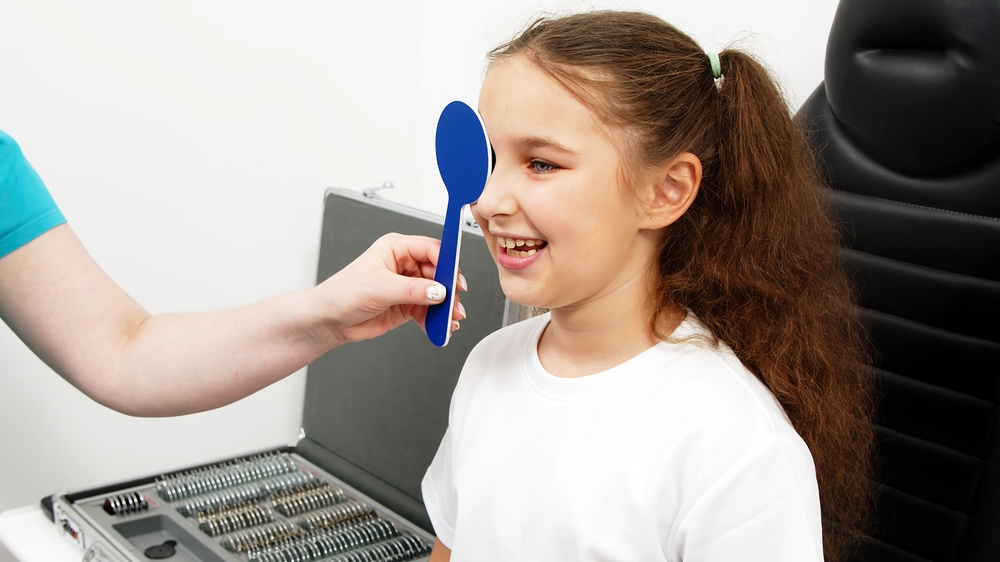
A child's ability to see clearly plays a fundamental role in their academic success, as nearly 80% of learning occurs through visual processing. Regular pediatric eye exams can detect and address vision issues early, preventing them from becoming obstacles in the classroom.
How Vision Impacts Learning
Children rely on their vision for essential classroom activities, which play a crucial role in their academic success and overall development. One key area is reading, where blurred vision or difficulty tracking words can lead to frustration and hinder reading comprehension. When children struggle to follow along in books or on the board, their learning experience becomes more challenging and discouraging.
Writing is another critical skill that depends on good vision. Poor vision can affect handwriting quality and make it difficult for children to copy information from the board accurately. These challenges can slow down their work, causing frustration and making it harder to keep up with their peers.
Additionally, concentration in the classroom is heavily influenced by vision. Eye strain or undiagnosed vision problems can make it difficult for children to focus for extended periods, leading to shorter attention spans. As a result, they may appear distracted or disengaged, potentially impacting their academic performance.
Signs Your Child May Have a Vision Problem
While some children may express difficulty seeing, many do not realize their vision is impaired because they assume what they see is normal. Parents should be aware of warning signs, including:
• Frequent squinting or blinking
• Complaints of headaches or eye strain
• Holding books too close or sitting too close to screens
• Difficulty maintaining attention while reading
• Losing place or skipping words while reading
• Frequent eye rubbing
If your child exhibits any of these signs, scheduling a comprehensive eye exam is essential.
The Importance of Pediatric Eye Exams
Routine vision screenings at school or during pediatric check-ups may not detect all vision issues. A comprehensive pediatric eye exam evaluates all aspects of vision, including:
• Visual acuity
• Eye tracking and focusing abilities
• Depth perception
• Binocular vision
• Eye health screening for early signs of conditions like amblyopia (lazy eye) or strabismus (eye misalignment)
We recommend eye exams for children starting at six months of age, then again at three years old, before entering school, and annually thereafter.
Schedule Your Child’s Eye Exam with Maxivision Eye Care Today
Ensuring your child has clear and healthy vision is one of the best ways to set them up for success in school and beyond. A simple exam can make a world of difference in their confidence, academic performance, and overall well-being.
Schedule your child’s eye exam with Maxivision Eye Care to keep your child’s vision and learning on track. Visit our office in Naperville, Illinois, or call (630) 904-1900 to book your appointment today.



